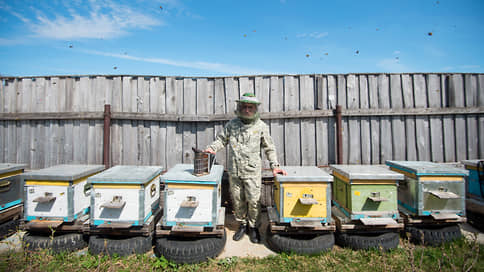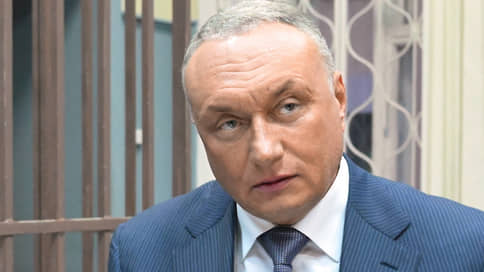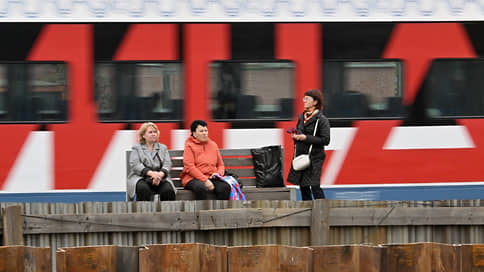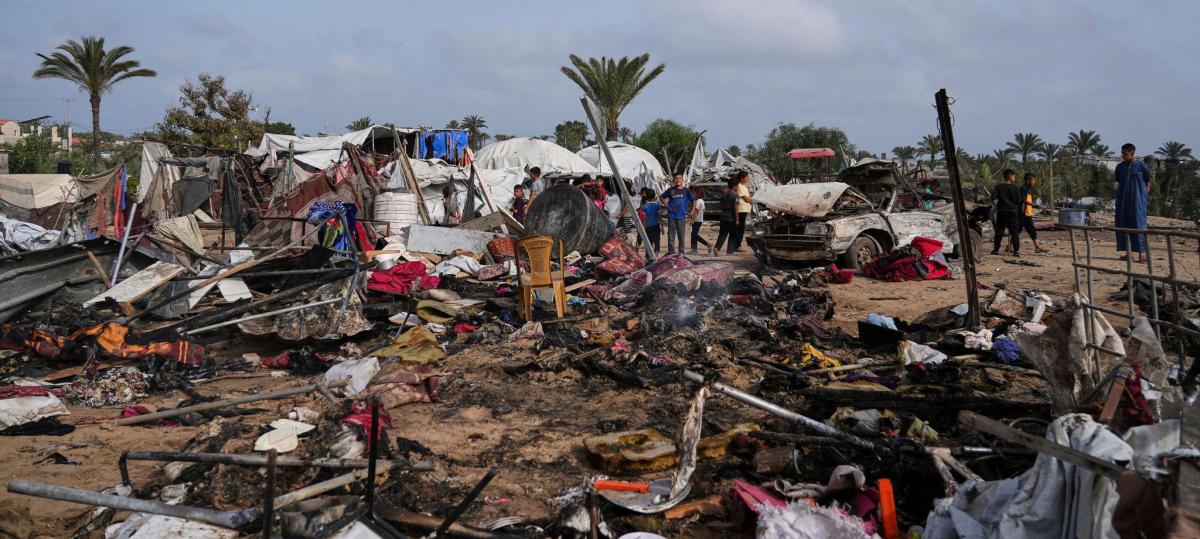Russian beekeepers are waiting for a lean year

Russian beekeepers can wait for a lean year, according to the Union of beekeepers. Due to the reduction by 20–25% of the livestock of bees after an unsuccessful wintering, the death of medonomal plants and a decrease in business profitability, production can be reduced. For its part, the Ministry of Agriculture does not fix the mass death of bees this season. Citizens meanwhile eat more and more honey.
Over the year, the livestock of bees in Russia was reduced by 20–25%, Kommersant, President of the Interregional Union of Beekeepers, told Kommersant. The expert does not exclude that in the short term this will lead to a decrease in the production of honey: the population will be able to recover only by July.
Another interlocutor of Kommersant in the market is talking about the possible crop failure of honey this year, associating it not only with the death of the number of livestock, but also with frosts that led to the death of honey plants.
In the Ministry of Agriculture, as of May 15, information on the mass death of bees this season was not received, they told Kommersant in the press service. They clarified that at the end of 2024 there were 49.7 thousand beeings in agricultural explosions, and a year by the year, the indicator increased by 4.2%. This year is not expected to reduce the production of honey in Russia in the Ministry of Agriculture.
But to make a complete picture of the honey market only in its industrial production may not be easy. Dmitry Galaganov, CEO of Biolodzhik (a large honey producer; brand Birch Berestov) explains that there is no objective statistics in the segment. Most of the honey in Russia is collected by small farms holding 100-200 bee -family. According to Rosselkhozbank estimates, 94% of Russian honey is produced in personal subsidiary farms.
Alexander Kuks connects the death of bees with an unsuccessful wintering of insects in the central regions of the country.
Traditionally, in the cold season, bees hibernate, from which this year they came out earlier than usual due to the thaw. Frosts that followed her caused the death of insects. In such cases, beekeepers usually buy new families in the spring. But now the agreements are breaking away. “In some cases, only 50% of the ordered number of bees are brought,” says Mr. Kuks. An expert in the field of beekeeping, Alexander Abramov, believes that the situation with the number of bees for farms is individual: it depends on the complex of factors.
Another interlocutor of Kommersant in the honey market explains that the second problem this season was death due to frosts of acacia flowers in the south of the country. The plant is considered an important honey plant. Honey from acacia is popular with consumers, notes Mr. Kuks. The problem, in his opinion, can be solved at the expense of nomadic apiaries: moving, they help bees choose more blooming places. The mechanism, according to the expert, use 90% of beekeepers. Dmitry Galaganov does not exclude that weather conditions during the flowering period of honey plants can affect the crop. But to predict this effect, in his opinion, prematurely.
A reduction in the production of honey in Russia can be a sustainable trend.
According to Businesstat, 64 thousand tons of honey were produced last year, 1% less than in 2024. In 2023, the indicator decreased by 4%, to 65 thousand tons. Correction, according to analysts, is associated with a reduction in the bee population by 5% for the period from 2022 to 2024.
In 2024, processors felt a shortage of honey, recalls Dmitry Galaganov. It was observed even on such a mass variety as sunflower, for the first time in 20 years, the expert says. The cost of production, according to him, then rose by 30%, and wholesale prices – by 30–40%. According to the Rusprodsoyuz Association (unites large suppliers of food products), at the beginning of April, the average prices for honey amounted to 613.7 rubles. for 1 kg, adding a year by 8.6%.
An increase in expenses leads to a decrease in business profitability. In this regard, fewer entrepreneurs, according to Mr. Kuks, are ready to engage in beekeeping.
The expert believes that earlier it was possible to recoup investments in the business in a year, and now in three. This coincides with the opinion of analysts of the Rosselkhozbank, who previously assessed the profitability of this business at 30%. Last year, the framework for the hives, wax (wax sheet), feed – including sugar, which many beekeepers give bees in the winter, lists Alexander Abramov lists.
Honey consumption is growing. According to NTECH, in 2024, its sales in natural terms increased by 9% year, in monetary – by 12%. Most noticeable, according to analysts, the demand for honey with a Lugovoi marking has increased. In natural terms, its retail sales increased by 63% by the year, “Mountain” and “Taiga” added 21%. In the Rosselkhozbank in 2024 it was noted that a Russian eat an average of 0.5 kg of honey a year. This indicator will grow by 3-5% per year, analysts predicted.







